Description
Baheda, Bedda Nuts also known as Terminalia bellirica, is a tree commonly found in Southeast Asia, including India. In Ayurvedic medicine, baheda is highly valued for its medicinal properties and is used in a wide variety of treatments.
सप्तद्वीपानां वनसंस्थां सप्तर्षिनः प्रपूजिताम्।
विभीतकं वर्णयन्ति स्वादु तीक्ष्ण विषोदहम्॥
Transliteration:
Saptadvīpānāṃ vanasaṃsthāṃ saptaṛṣinaḥ prapūjitām |
Vibhītakaṃ varṇayanti svādu tīkṣṇa viṣodaham ||
Translation:
“Baheda herb grows in the forests of the seven continents and is worshiped by the seven sages. It is described as having a sweet and sharp taste and is said to cleanse toxins from the body.”
This verse highlights the medicinal properties of Baheda herb and its importance in ayurvedic medicine. It emphasizes the herb’s cleansing properties and its revered status among the seven sages, indicating its significance in traditional Indian medicine.
Vernacular names for Baheda in different languages:
- Hindi: Baheda, बहेड़ा
- Sanskrit: Vibhitaka, विभीतक
- Tamil: Thandrikkai, தன்டிரிக்காய்
- Telugu: Tanikaya, తానికాయ
- Kannada: Tarekayi, ತರೇಕಾಯಿ
- Malayalam: Thannikka, തന്നിക്ക
- Bengali: Bahera, বহেড়া
- Gujarati: Baheda, બહેડા
- Marathi: Baheda, बहेडा
- Punjabi: Baheda, ਬਹੇਡਾ
- Nepali: Bibhitaki, बिभितकी
- Assamese: Bhomora, ভোমৰা
- Oriya: Bhibitaki, ଭିବିତକୀ
- Manipuri: Thongjurei, থঙ্গুরেই
- Konkani: Bhoyro, भोयरो
- Sindhi: Bahar, ڀاھر
- Urdu: Bahera, بہیرہ
- Arabic: Balilaj, بليلج
- Persian: Belekha, بلیخا
- Thai: Plai na, พล่านา
Some of the potential benefits of baheda in Ayurvedic medicine include:
- Digestive health: Baheda is traditionally used to improve digestion and alleviate gastrointestinal issues such as constipation, diarrhea, and dysentery. It is believed to have a mild laxative effect and can help to cleanse the digestive tract.
- Respiratory health: Baheda is commonly used to treat respiratory conditions such as coughs, bronchitis, and asthma. It is believed to help loosen phlegm and reduce inflammation in the respiratory tract.
- Immune system support: Baheda is believed to have immune-boosting properties and is sometimes used to treat infections, fevers, and other illnesses.
- Skin health: Baheda is believed to have anti-inflammatory and antimicrobial properties, and is sometimes used in Ayurvedic skin care preparations to help treat conditions such as acne, eczema, and psoriasis.
- Hair health: Baheda is sometimes used in Ayurvedic hair care preparations to help strengthen and nourish hair, and to reduce hair loss.
- Anti-inflammatory effects: Baheda contains compounds that are believed to have anti-inflammatory properties. As a result, it is sometimes used to alleviate pain and inflammation in conditions such as arthritis and gout.
- Antioxidant properties: Baheda is a rich source of antioxidants, which can help to protect the body from the damaging effects of free radicals. Antioxidants can help to reduce the risk of chronic diseases such as cancer, heart disease, and diabetes.
- Eye health: Baheda is sometimes used in Ayurvedic medicine to support eye health and to treat conditions such as cataracts, glaucoma, and conjunctivitis.
- Anti-cancer properties: Some studies have suggested that baheda may have anti-cancer properties. For example, one study found that a compound in baheda called gallic acid was able to induce apoptosis (cell death) in cancer cells.
- Brain health: Baheda is sometimes used in Ayurvedic medicine to support brain function and to treat conditions such as dementia and Alzheimer’s disease. It is believed to have neuroprotective properties that can help to protect the brain from damage and degeneration.
General dosage guidelines for Baheda in Ayurveda:
| Form | Dosage | Frequency | Mixing |
|---|---|---|---|
| Powder | 1-3 grams | 1-2 times per day | Mix with warm water, milk, or honey |
| Capsules | 500-1000 mg | 1-2 times per day | Take with warm water |
| Decoction | 50-100 ml | 1-2 times per day | Boil 1-2 teaspoons of Baheda powder in water, strain and drink |
| Churna (Herbal Powder Mix) | 1-3 grams | 1-2 times per day | Mix with warm water or milk |
Nutritional value of Baheda per 100 grams:
| Nutrient | Amount per 100 grams | Daily Requirement |
|---|---|---|
| Calories | 235 kcal | N/A |
| Carbohydrates | 49.2 g | 130 g |
| Fiber | 38.0 g | 25 g |
| Protein | 7.0 g | 56 g |
| Fat | 1.9 g | 44-77 g |
| Vitamin C | 34.0 mg | 90 mg |
| Calcium | 640 mg | 1000-1300 mg |
| Iron | 3.4 mg | 8-18 mg |
| Potassium | 853 mg | 2000-3000 mg |
| Sodium | 3.4 mg | 1500-2300 mg |
for more details you may watch Video :
It is important to note that while baheda has a long history of use in Ayurvedic medicine, more research is needed to fully understand its potential health benefits and to determine its safety and efficacy. As with any herbal remedy, it is important to consult with a qualified healthcare practitioner before using baheda or any other natural remedy for medicinal purposes.
Note:
> Minimum order value Rs.100 only.
> All shown prices are inclusive of GST.
> Free shipping on orders above Rs.1000 (exluding tax).
> Flat Rs.100 Shipping Charges on orders below Rs.500.
> Actual product images used, product and image color may slightly differ.
> Secure Payment by Razorpay and Paytm. Learn more about secure payments.
> 7 Day Returns is applicable in case the item is damaged, defective or different from description. Check our Return Policy



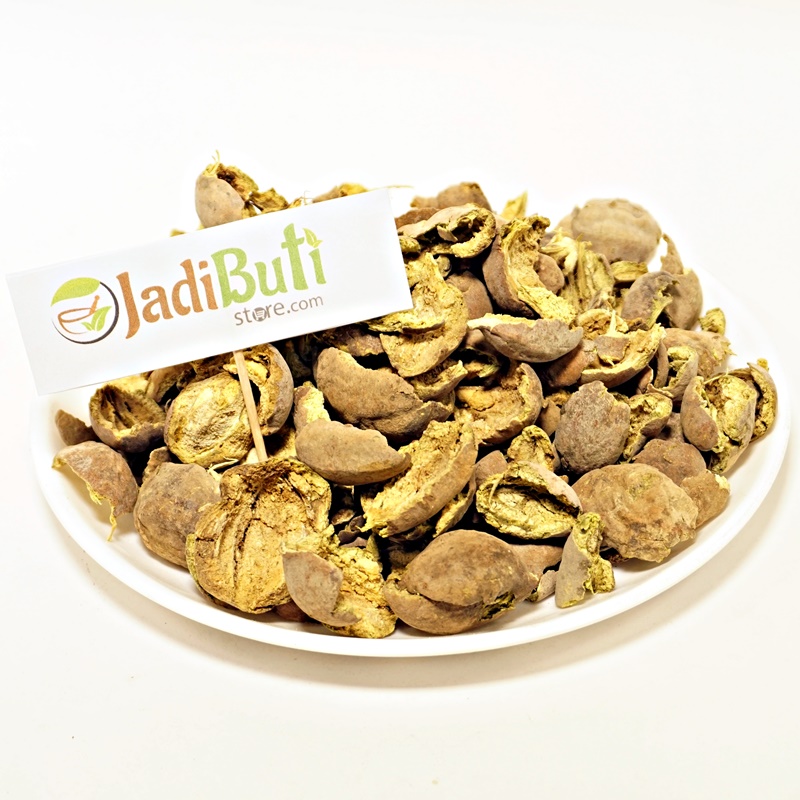




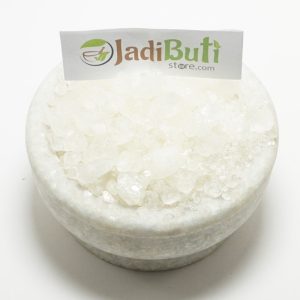
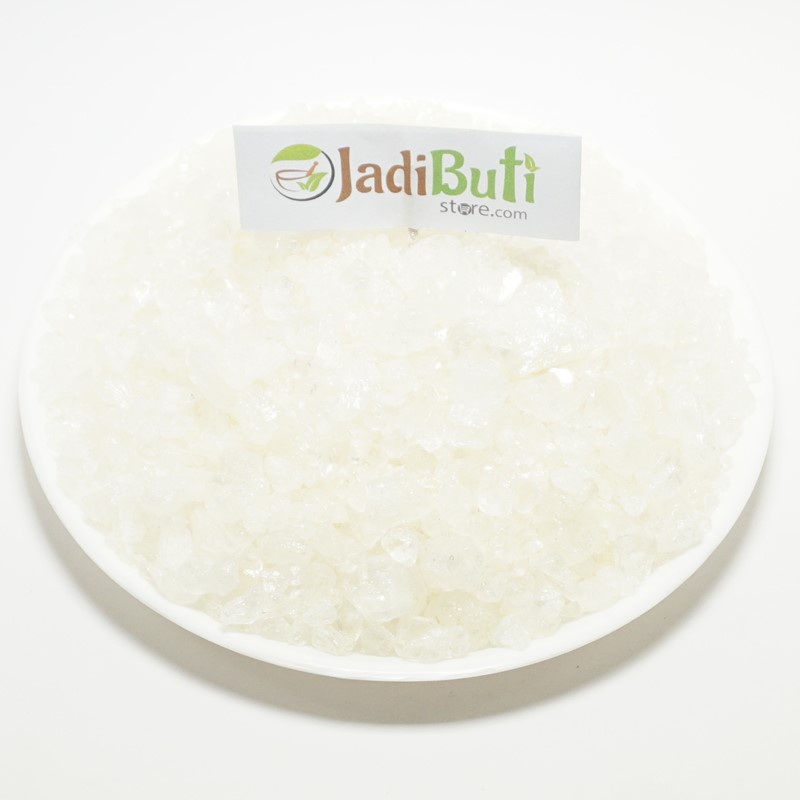
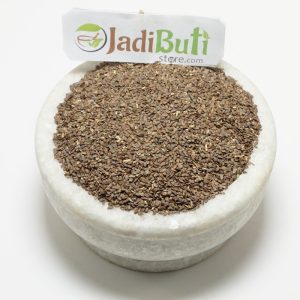
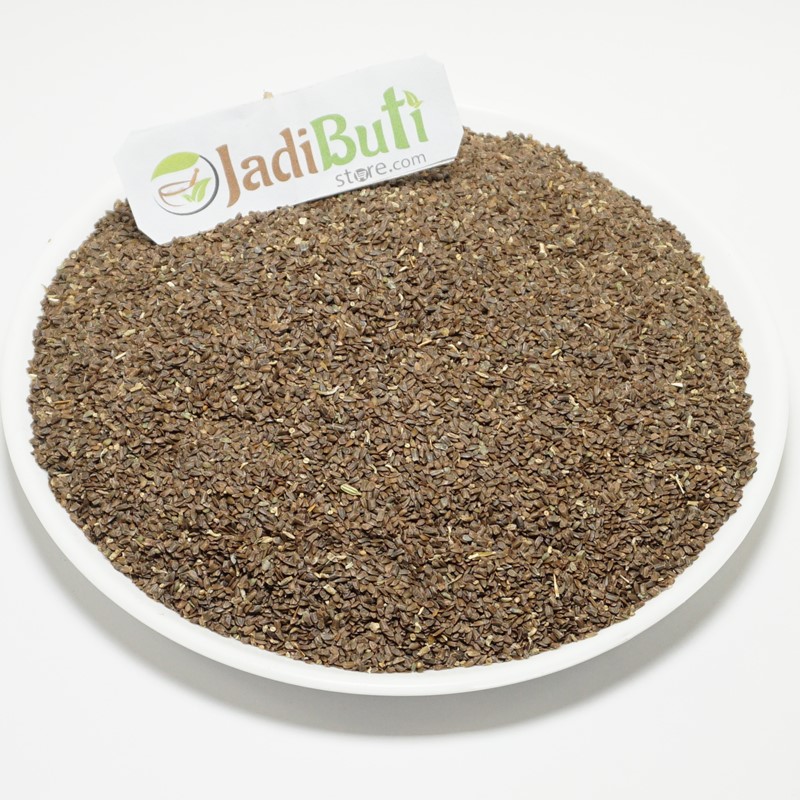
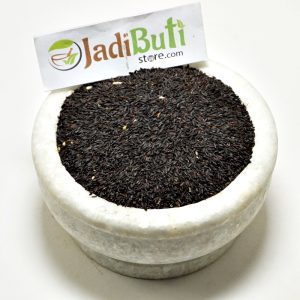
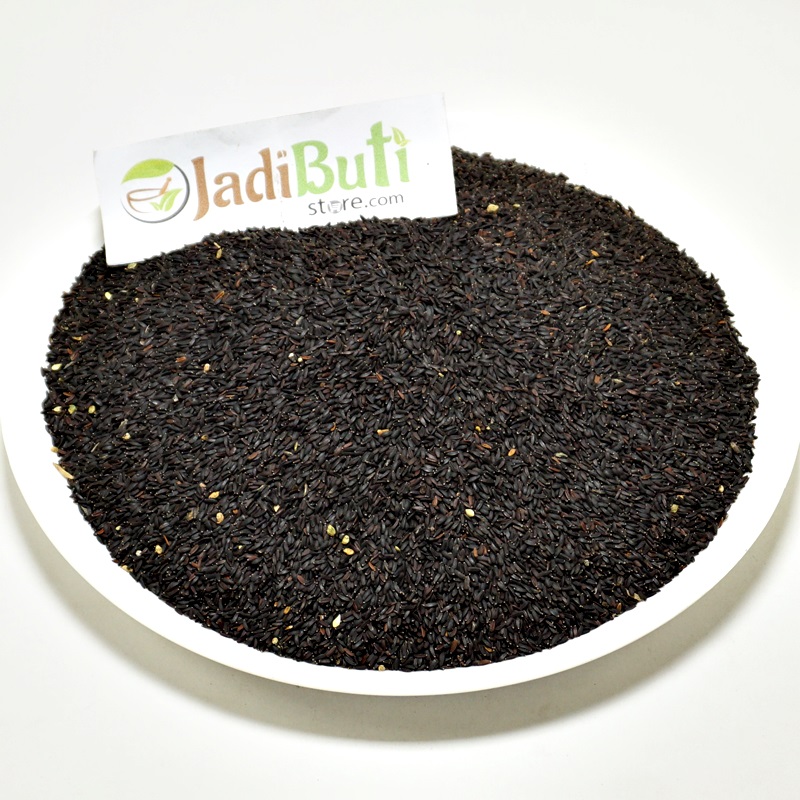
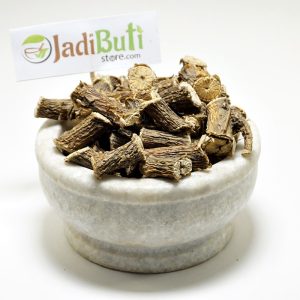



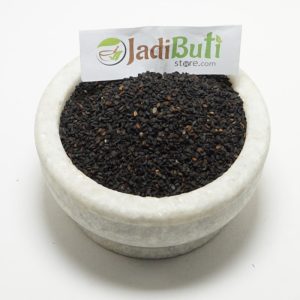
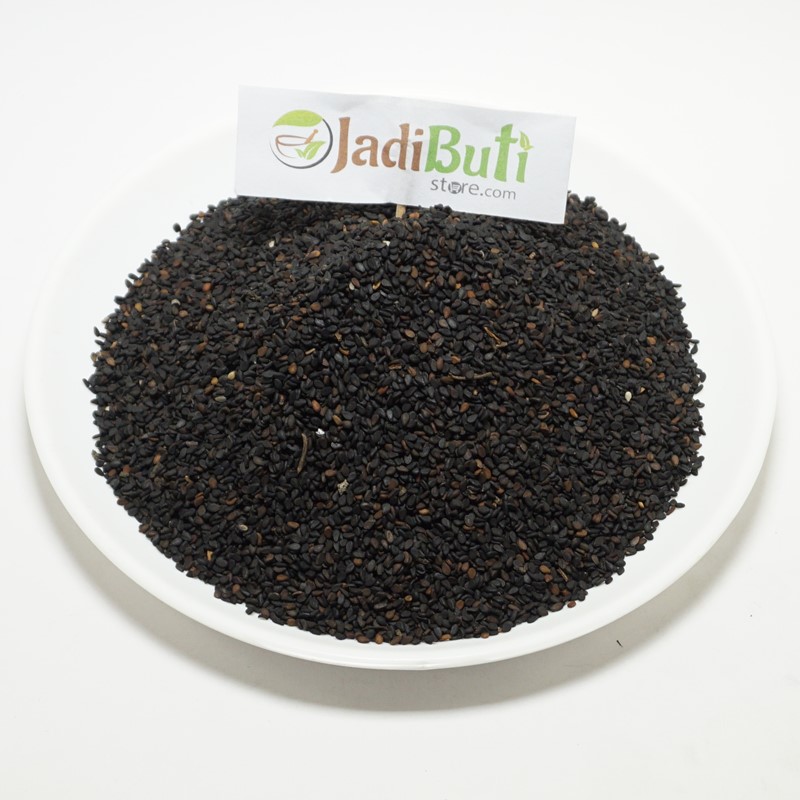
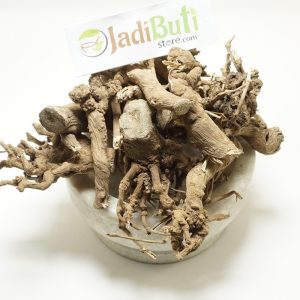

Reviews
There are no reviews yet.